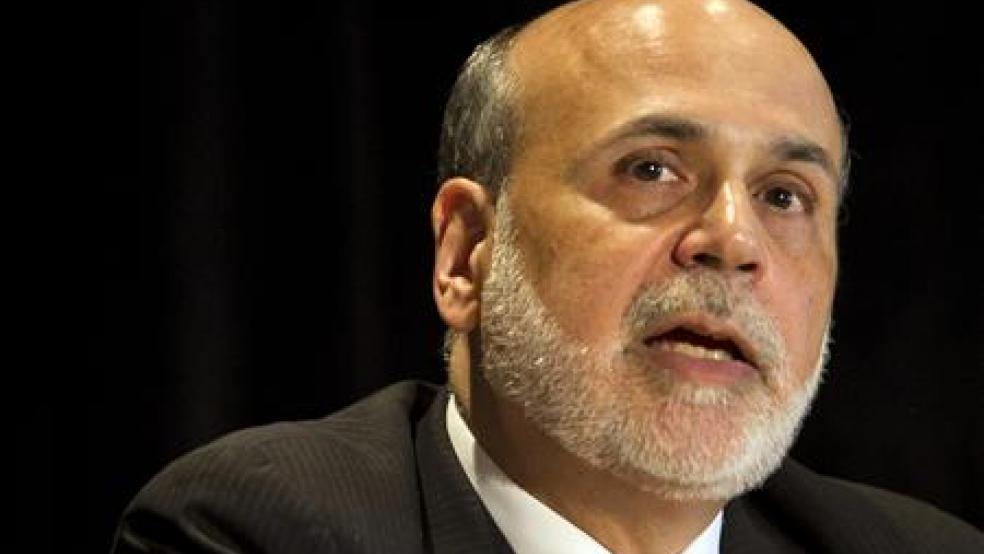A group of more than 140 top economists, including former Federal Reserve chairs Ben Bernanke and Janet Yellen as well as Nobel laureates and former chairs of the Council of Economic Advisers, is calling on Congress to pass another aggressive coronavirus relief package.
“Congress must pass another economic recovery package before most of the support in the CARES Act expires this summer,” the economists write in a letter to congressional leaders published Tuesday by the Washington Center for Equitable Growth, a think-tank focused on inequality.
“Given current projections of economic need, this new bill should provide, at a minimum, continued support for the unemployed, new assistance to states and localities, investments in programs that preserve the employer-employee relationship, and additional aid to stabilize aggregate demand. While the signers of this letter have different views on the optimal size and composition of the package, we all agree that an adequate response must be large, commensurate with the nearly $16 trillion nominal output gap our economy faces over the next decade, according to CBO estimates.”
Besides Bernanke and Yellen, other notable signatories include Jason Furman, Austan Goolsbee and Christina Romer, who led the Council of Economic Advisers under President Obama; Martin Neil Baily, who headed the council under President Clinton; Alan Blinder and Donald Kohn, who were vice chairs of the Fed; and economists Heather Boushey, J. Bradford DeLong, Emmanuel Saez, Robert Solow and Cecilia Rouse.
The economists warn that, absent further congressional action, “state and local governments face potentially disastrous budget shortfalls” and the unemployment rate is projected to stay in double-digit territory through the end of the year. And, they say, lawmakers should try to learn from the response to the 2008-2009 recession:
“Insufficiently bold congressional policy responses to the Great Recession unnecessarily prolonged suffering and stunted economic growth. Congress should not make this mistake again. … Congress should address this risk, and the already occurring economic damage, by passing, as soon as possible, a multifaceted relief bill of a magnitude commensurate with the challenges our economy faces.”
Conservatives say it’s time to stop spending on coronavirus relief: The economists’ statement comes on the same day that a group of 20 conservative leaders, some with close ties to the White House, urged President Trump and Senate Majority Leader Mitch McConnell to stop deficit spending on coronavirus relief.
“Government spending – and policies such as paying millions of workers more money to stay unemployed than to go back to work, and paying states more money to enable them to stay shut down – is inhibiting the fast recovery we want in jobs and incomes, not stimulating it,” the conservatives wrote in a letter. “In short, runaway government spending is the new virus afflicting out [sic] economy.”
The conservatives, including economists Stephen Moore and Arthur Laffer, anti-tax activist Grover Norquist and Tea Party Patriots co-founder Jenny Beth Martin, write that a repeal of the payroll tax would be “the best way to supercharge the economy.” President Trump has pushed for a payroll tax holiday, though the idea has met with resistance from lawmakers in both parties.
Congress and the administration have provided $4 trillion in emergency coronavirus relief so far. Many economists and Democrats say more is needed, and both Trump and McConnell have indicated that another round of pandemic legislation is likely, though lawmakers are still debating the proper size and scope of an additional package. White House trade adviser Peter Navarro told cable news networks in recent days that Trump wants the next bill to be “at least $2 trillion.” Formal negotiations on the next bill are expected to begin next month.





